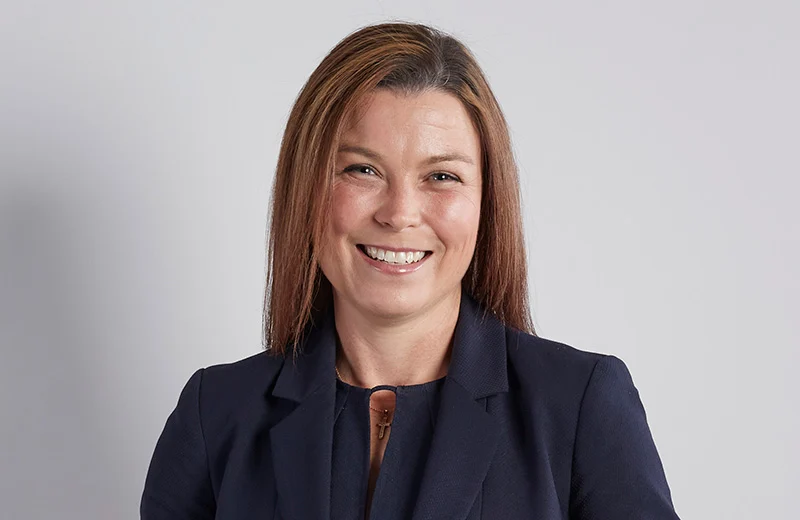In a collaborative family law process, the clients and their lawyers agree to work together to find a fair solution to whatever financial or child-related issues need to be addressed without involving the court, or the threat of court proceedings. As a client in a collaborative process, you remain in control of the process at all times.
A collaborative approach allows for a greater degree of co-operation between a range of professionals involved in helping families. Clients involved in a collaborative process will have access to the skills of other experts who can be brought into the process, as necessary.
An essential part of collaboration is the shared willingness you and your partner have to resolve your dispute, without using threats of court to force outcomes. It may not suit everyone.
A collaboration may work for you if:
- you want a dignified, non-aggressive resolution to your family law issues and concerns;
- you and your partner have children and wish to resolve matters by agreement, with your children’s needs and interests at the forefront;
- you want to avoid possible delays of up to 18-months to two years associated with court matters;
- you want to keep control over the way your family law issues and concerns are resolved and how your financial arrangements are restructured after a separation, or how arrangements for your children are decided, with help from experts;
- you do not want decisions about your finances or children to be made by a judge;
- you would like more direct access and support from your lawyer to help you negotiate in face-to-face meetings.
- you and your former partner do not want your private affairs and personal business aired in a public courtroom.
The majority of the negotiations will take place at “5‑way” face-to-face meetings between you, your partner, the lawyers, and the collaborative coach, who manages communication and facilitates the process. Correspondence between lawyers is kept to a minimum because the advice given to you and your partner by each of your lawyers is given during the “5-way” meetings. By being part of the negotiations, you and your partner keep control of the process. The scope for misunderstandings is reduced and you will be supported in communicating with each other in a non-confrontational way. This is particularly important if you are parenting children together after separation. The collaborative process is transparent for all parties.
If you think that your partner may be interested in trying a collaboration to resolve your family law issues and concerns, we can write to your partner suggesting collaborative family law, or have a collaborative coach speak with him or her to discuss collaboration as an option. You can also discuss this with your former partner directly, if you are comfortable doing so.
- Collaborative Family Law Experts
- Send an enquiry





Coleman Greig are available to service your needs no matter where you are located in NSW. Our network of offices are supported by the latest digital technology, enabling us to work with you in a way that suits you best.









